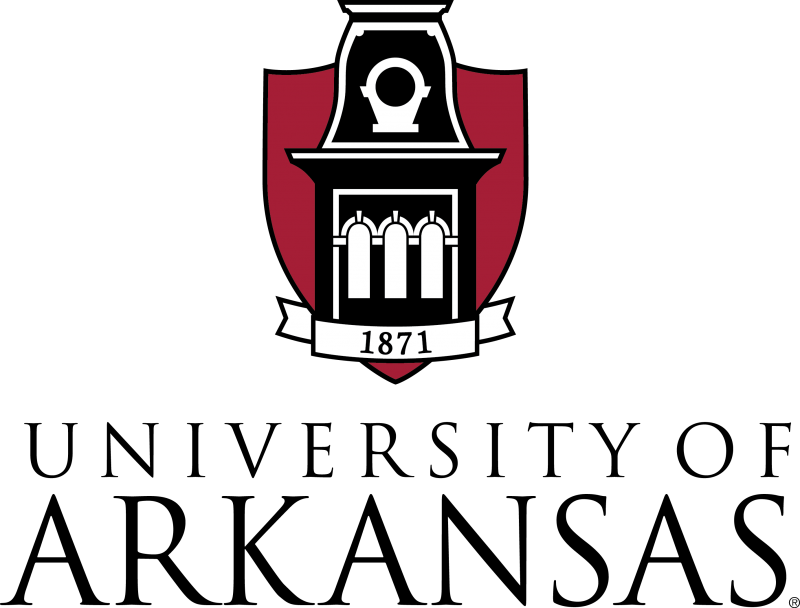Two assistant professors of engineering landed prestigious National Science Foundation Faculty Early Career Development awards that come with more than $500,000 to support their research.
Lu Zhang, assistant professor of computer science and computer engineering, and Xiao Liu, assistant professor of industrial engineering, joined the list of a dozen College of Engineering researchers currently supported by CAREER awards.
Zhang’s five-year, $597,185 award will be used to support Zhang’s research on fair machine learning. Machine learning refers to the use and development of computer systems that can learn and adapt without following explicit instructions by using algorithms and statistical models to analyze and make automatic decisions from data patterns.
Zhang will use machine-learning techniques to model how data is influenced by decisions in nature. Then he will study how this influence could lead to fair consequences by changing the decision-making strategy.
In his proposal, Zhang notes that “ensuring fairness for each single decision does not guarantee fairness in the long-term, presenting a challenging and urgent problem to the fair machine-learning community about achieving long-term fairness.”
Zhang uses the example of a bank giving a loan to show how sequential decision making can

Lu Zhang
intelligent machine learning in static systems. This CAREER award extends his previous research to the more important long-term consequences of machine-automated decisions.
Liu’s project, entitled “Domain-Aware Statistical Learning,” now supported by a $500,176 grant, will contribute to the advancement of national competitiveness by transforming how governing physics and engineering domain knowledge is integrated into data-driven models for high-stakes applications. High-stakes engineering applications require interpretable models and explainable decisions.
As fundamental governing physics imposes critical constraints on how data should be modeled and how models can be interpreted, the integration of governing physics into data-driven models becomes an essential capability that will significantly accelerate the penetration of data science into a wide range of
impact long-term fairness. If a bank awards a loan at an assigned interest rate, that can affect the recipient’s risk of default and lower their credit score, impacting their next loan application in turn.
“If the bank’s decision leads to a long-term decrease in the credit score then it imposes a long-term negative effect on future decisions of this person,” Zhang noted.
In this case, the goal is to ensure the model initially used by the bank would not lead to unfair consequences, such as relying on historical data with bias built into it. Other areas where sequential decision making may lead to long-term unfairness might be in job applications or college admissions.
Ultimately, Zhang hopes his work will help companies, organizations and individuals better understand the benefits and risks of using machine learning in decision making, identify whether their use imposes unfair consequences on certain groups of people, and improve domain users’ ability to comply with fairness-related regulations.
This is Zhang’s second grant from the NSF as principal investigator. In October of 2021, he was awarded a $484,828 grant from the NSF’s division of Information and Intelligent Systems to support his research, “III: Small: Counterfactually Fair Machine Learning through Causal Modeling.” The goal of that research was to reduce discrimination during

Xiao Liu
domain-knowledge-intensive applications, such as energy infrastructure, aviation safety and manufacturing.
In these environments, the old paradigm of “letting the data speak for themselves” is being replaced by the capability of “letting the data speak based on the laws of physics and engineering.”
This project will address the development of methods to integrate data with physics-based models in three main use cases, namely environmental processes to enhance resilience of our national utilities during extreme events intensified by climate change, thermal modeling to improve energy efficiency in data center operations and structural dynamics to enhance aviation safety in an increasingly crowded airspace.
Liu received the Rising Star Award from the College of Engineering in Spring 2022.
